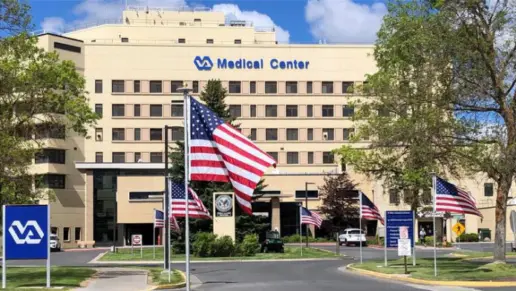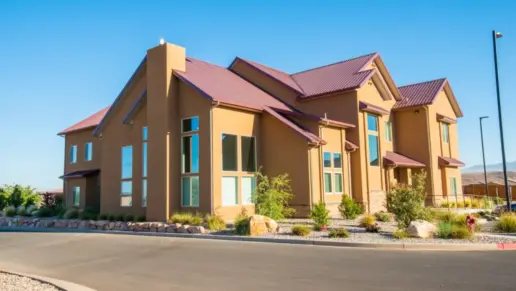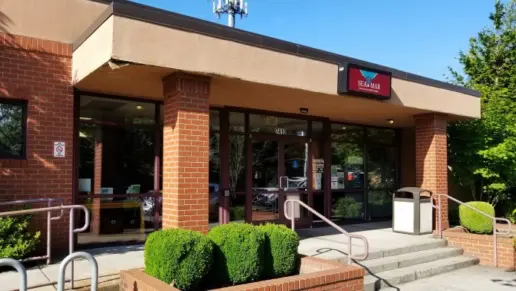Even though they have a huge patient load, staff people are friendly and accommodating to each and every one of us patients. They are the best really, come and see for yourself!
About VA Puget Sound Health Care System
American Lake VA Medical Center is a veterans addiction treatment center located in Tacoma, Washington. They’re part of the Puget Sound Healthcare System. They offer drug and alcohol treatment options for veterans and their families who are struggling to quit on their own. Referrals are required.
The only level of care offered here is outpatient care. This can be both a positive and negative thing, depending on the severity of your addiction. Some people may require round-the-clock care and medical supervision. You won’t get that here. However, you will get the benefit of being able to return home after a day of therapy. This will give you time to keep your outside responsibilities, which is great for personal growth and adaptation. But if your symptoms are acute, they can refer you to an inpatient facility within the VA network.
This is a dual diagnosis center as well, which means they treat mental health issues that may be occurring in response to your addiction, or vice versa. Many veterans may face these issues due to trauma from their time serving in the military. Some common mental illnesses may include depression, anxiety, bipolar disorder, PTSD, and schizophrenia. Anger management classes may also be provided for those who seek it.
Many of these clinics also offer medication-assisted treatment (MAT), which can work wonders when trying to detox the safe and correct way. Some medications, like Suboxone and Vivitrol, can help lessen the intensity of cravings and can reduce potentially dangerous withdrawal symptoms from occurring.
In addition to all this, they also offer health maintenance services, community support, and counseling services. Counseling is a great tool that includes individual counseling, group therapy and marriage or relationship counseling.
Facility Overview
Rehab Score
Gallery
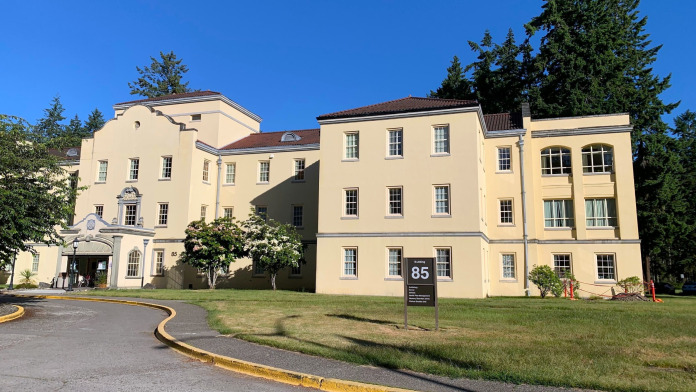
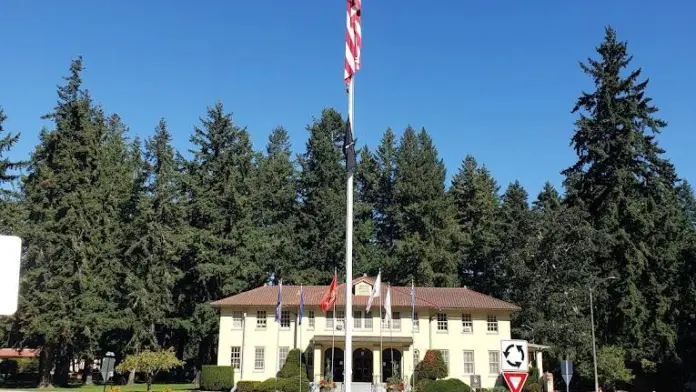

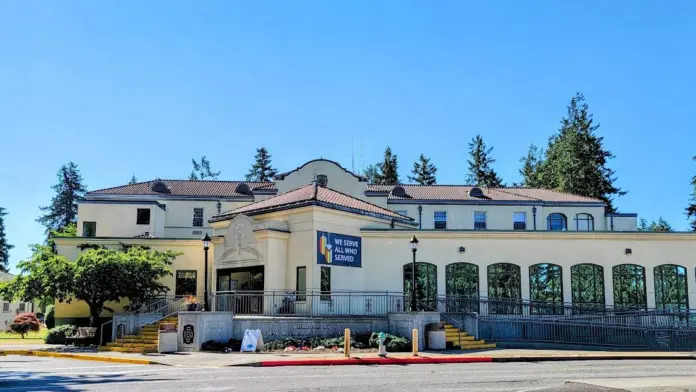
Location
Other Forms of Payment
Self-pay involves paying for treatment out of your own pocket. You can use savings or credit, get a personal loan, or receive help from family and friends to fund your treatment. If you don't have insurance or your insurance plan doesn't cover a specific program, self-pay can help ensure you still get the care you need.
Financial aid can take many forms. Centers may have grants or scholarships available to clients who meet eligibility requirements. Programs that receive SAMHSA grants may have financial aid available for those who need treatment as well. Grants and scholarships can help you pai for treatment without having to repay.
Military members, veterans, and eligible dependents have access to specific insurance programs that help them get the care they need. TRICARE and VA insurance can help you access low cost or no cost addiction and mental health treatment. Programs that accept military insurance often have targeted treatment focused on the unique challenges military members, veterans, and their families face.
Private insurance refers to any kind of healthcare coverage that isn't from the state or federal government. This includes individual and family plans offered by an employer or purchased from the Insurance Marketplace. Every plan will have different requirements and out of pocket costs so be sure to get the full details before you start treatment.
Medicaid is a state based program that helps lower-income individuals and families pay for healthcare. Medicaid covers addiction treatment so those enrolled can use their coverage to pay for rehab. When a program accepts Medicaid the client often pays very little or nothing out of their own pocket.
Medicare is a federal program that provides health insurance for those 65 and older. It also serves people under 65 with chronic and disabling health challenges. To use Medicare for addiction treatment you need to find a program that accepts Medicare and is in network with your plan. Out of pocket costs and preauthorization requirements vary, so always check with your provider.
Addiction Treatments
Levels of Care
Treatments
The goal of treatment for alcoholism is abstinence. Those with poor social support, poor motivation, or psychiatric disorders tend to relapse within a few years of treatment. For these people, success is measured by longer periods of abstinence, reduced use of alcohol, better health, and improved social functioning. Recovery and Maintenance are usually based on 12 step programs and AA meetings.
Effective drug rehab in Washington integrates care for the whole person, offering comprehensive solutions to addiction. Treatment methods address mental, physical, and relational aspects of substance abuse.
A combined mental health and substance abuse rehab has the staff and resources available to handle individuals with both mental health and substance abuse issues. It can be challenging to determine where a specific symptom stems from (a mental health issue or an issue related to substance abuse), so mental health and substance abuse professionals are helpful in detangling symptoms and keeping treatment on track.
Opioid rehabs specialize in supporting those recovering from opioid addiction. They treat those suffering from addiction to illegal opioids like heroin, as well as prescription drugs like oxycodone. These centers typically combine both physical as well as mental and emotional support to help stop addiction. Physical support often includes medical detox and subsequent medical support (including medication), and mental support includes in-depth therapy to address the underlying causes of addiction.
Programs


Clinical Services
Group therapy is any therapeutic work that happens in a group (not one-on-one). There are a number of different group therapy modalities, including support groups, experiential therapy, psycho-education, and more. Group therapy involves treatment as well as processing interaction between group members.
Amenities
-
Private Setting
-
Private Transportation
Staff & Accreditations
Staff
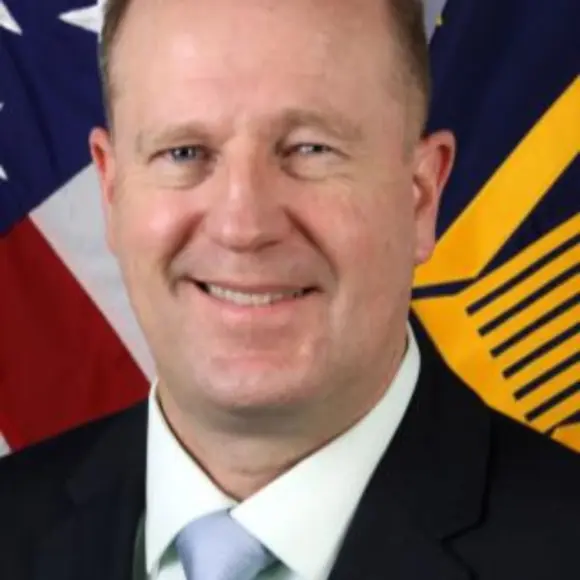
Executive Director
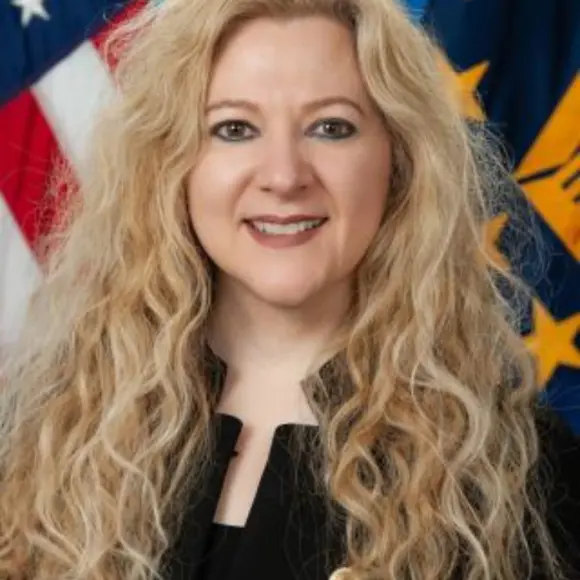
Deputy Executive Director
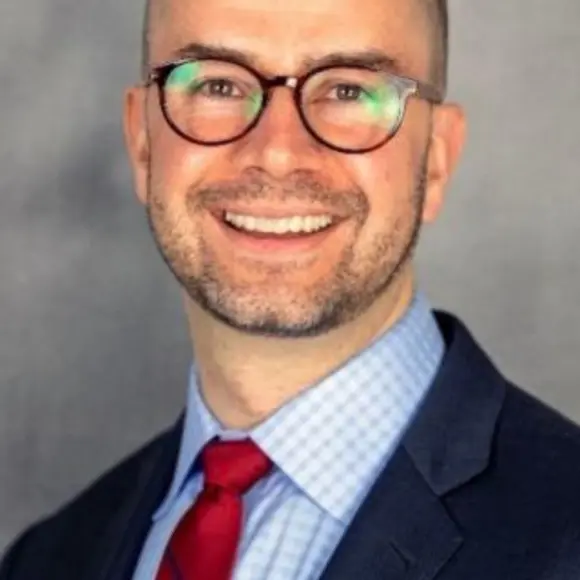
Chief of Staff

Associate Director of Patient Care Services
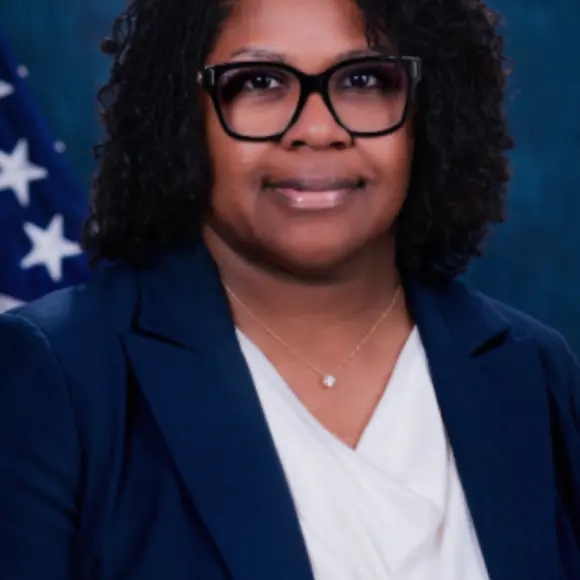
Associate Director
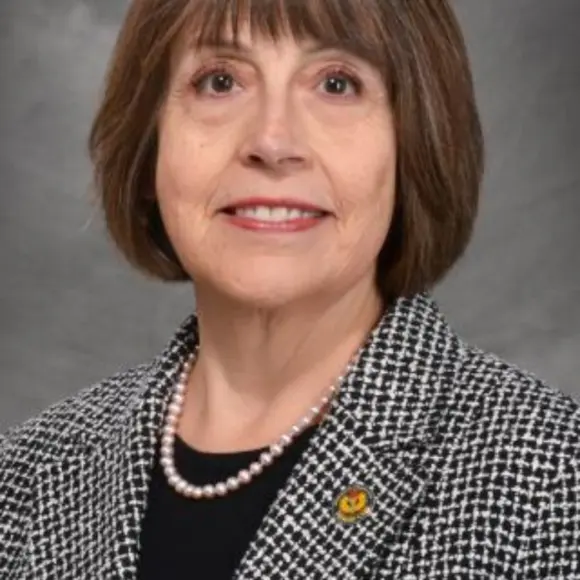
Deputy Chief of Staff
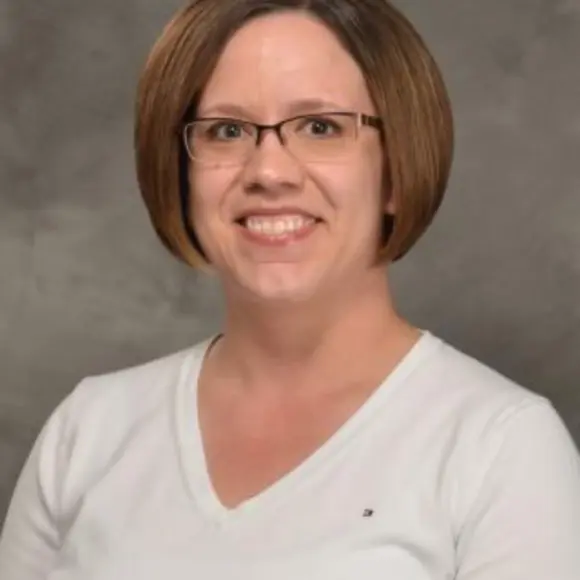
Deputy Associate Director of Patient Care Services
Accreditations

The Commission on Accreditation of Rehabilitation Facilities (CARF) is a non-profit organization that specifically accredits rehab organizations. Founded in 1966, CARF's, mission is to help service providers like rehab facilities maintain high standards of care.
CARF Accreditation: Yes
Accreditation Number: 226095

The Joint Commission, formerly known as JCAHO, is a nonprofit organization that accredits rehab organizations and programs. Founded in 1951, the Joint Commision's mission is to improve the quality of patient care and demonstrating the quality of patient care.
Joint Commission Accreditation: Yes
Accreditation Number: 103674

The Substance Abuse and Mental Health Services Administration (SAMHSA) is a branch of the U.S. Department of Health and Human Services. Established in 1992 by congress, SAMHSA's mission is to reduce the impact of substance abuse and mental illness on American's communities.
SAMHSA Listed: Yes
Contact Information
9600 Veterans Drive SW
Tacoma, WA 98493
